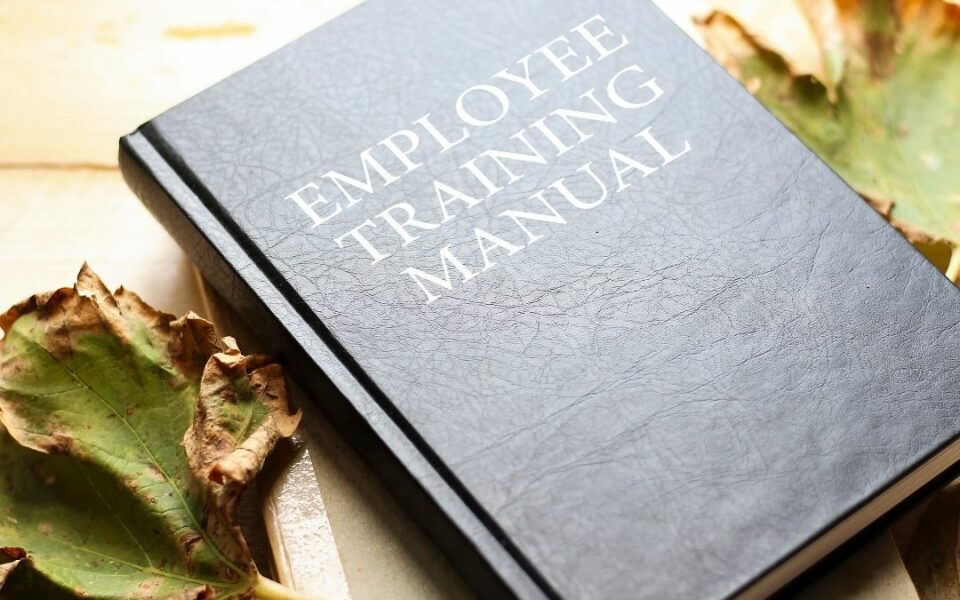Thursday Troubleshooter: Office manager’s ‘nagging’ causes dental assistants’ tension
QUESTION: I’m the practice’s front office manager and I’m currently working on a manual for the dental assistants. Do many offices have a manual? I feel like the assistants in our office are all doing things their own ways. I feel disrespected because I’m constantly repeating myself and reminding them how to do things, and this causes a lot of tension. Do you have any suggestions about how I can handle the situation?
ANSWER FROM LAURA HATCH, founder of Front Office Rocks:
I think that documenting how things should be done is an excellent idea. Having clear documentation will not only help when you’re training new employees, but you’ll also have something to refer to if things start to drop off over time. But, I’ve also found that when you take the time to write down something, many times, by the time you finish it, something changes in the office and it becomes outdated. Therefore, I’ve started recommending that you take pictures or shoot a video to document how things should be done.
There are two reasons for this: 1) It’s very easy these days because our cameras are right on our phones. Take a picture of how things should be set up, or a video of how to do a certain procedure, and then save it somewhere so that employees can refer to it. 2) Pictures and videos are easier to understand than something that’s in writing, and many people learn better visually.
Good luck!
ANSWER FROM KEVIN HENRY, cofounder of IgniteDA:
This is one of the most common complaints I hear from dental practices—dental assistants do things in different ways because it’s the way they were taught. Some assistants are on-the-job trained, some attended school, some were trained by a dentist, some by another assistant, and still others learned what they could from the internet.
As frustrated as you might be, trust me, the assistants are also frustrated. They’re trying to get through their days and juggle their myriad of tasks. Most of the time they’re trying to do everything they can to make the business run as smoothly as possible, and sometimes that means taking matters into their own hands to make sure things are organized and ready for the next patient.
The bottom line, however, is that your dental practice is a business and your employees need guidelines on how to do things. Your dental practice is no different than Starbucks. Can you imagine walking into a Starbucks and having all of the baristas prepare coffee a different way? It would be chaos! The same thing sounds like it’s happening in your practice. This is why there has to be an iron-clad resolution so that everyone does things the same way.
If an assistant can’t see the value in uniformity, or explain that how he or she does something brings more value to the business, then the person either needs to change or leave, it’s that simple. Every employee must perform tasks that are the most beneficial to the bottom line of the practice. Otherwise, the business won’t run optimally. No one employee is bigger than the business.
That being said, try to listen to the assistants about why they’re doing things differently. Perhaps there is a time savings you don’t know about, or a better way to handle patients that you aren’t aware of. Listen and work together as a group to find the best way to run the business. It may be your way. It may be their way. It’s not about who is right or wrong. It’s about everyone working together and in a uniform way to make the business hum.


